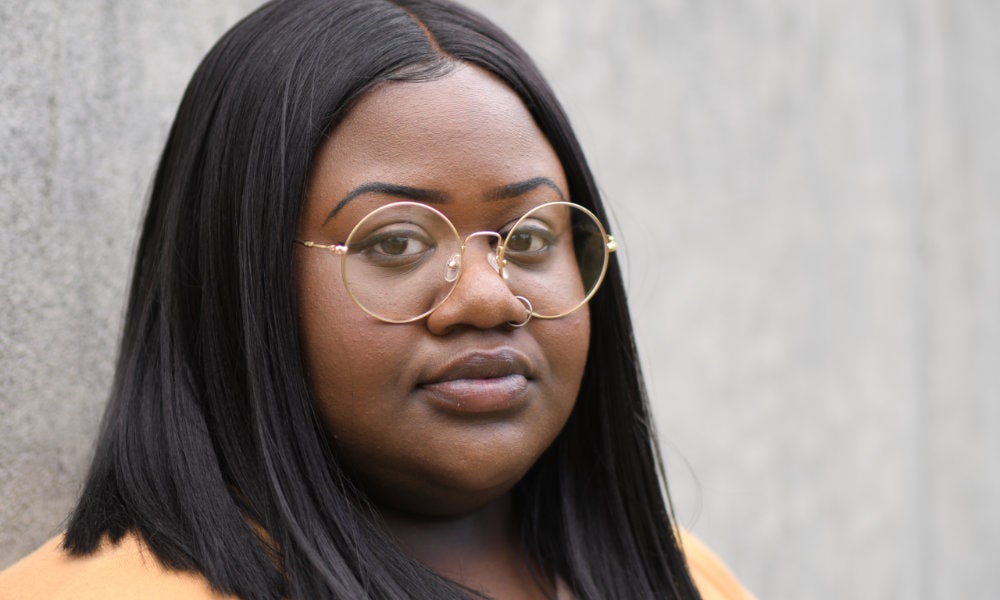"Your identity, how you see yourself, how the world sees you and how you view the world back is a critical one."
Africa selected a three-week winter J Term program in Cuba. She was surprised at how much she connected to her own culture through the experience. “I didn’t expect to see so many people who looked like me,” she noted. “And it was interesting to see that they lived primarily in poor neighborhoods.” She enjoyed listening to Afro-Cuban music and thinking about how different groups within the African diaspora express their culture. One of the highlights was a performance by Hibana Compas, a vibrant dance company that draws from flamenco, ballet, and Afro-Cuban styles of movement set to West African djembe and bata drumming traditions.
When it came time to work on an honors project, she was inspired by her international experience. Her project, “Finding Africa”, was an exploration of her identity using a genetic test as a point of departure for research on identity and heritage. “Everyone wants to know where they came from. Customs create the root of who we are while shaping our principles. Everyone wants to find their origins. Looking into our past helps shape who we are while creating a catalytic for conversations that surround race and transcend boundaries. Your identity, how you see yourself, how the world sees you and how you view the world back is a critical one,” she says.
She graduated with the Academic Excellence award in Africana Studies with plans to pursue a post-graduate degree. Africa wants to help connect communities of color to the opportunities around them in her professional life. “Sometimes it’s hard to see yourself in a place,” she says. “I want to make a space for myself.”
This story was adapted from a profile that originally appeared as part of a URI homepage feature story.

